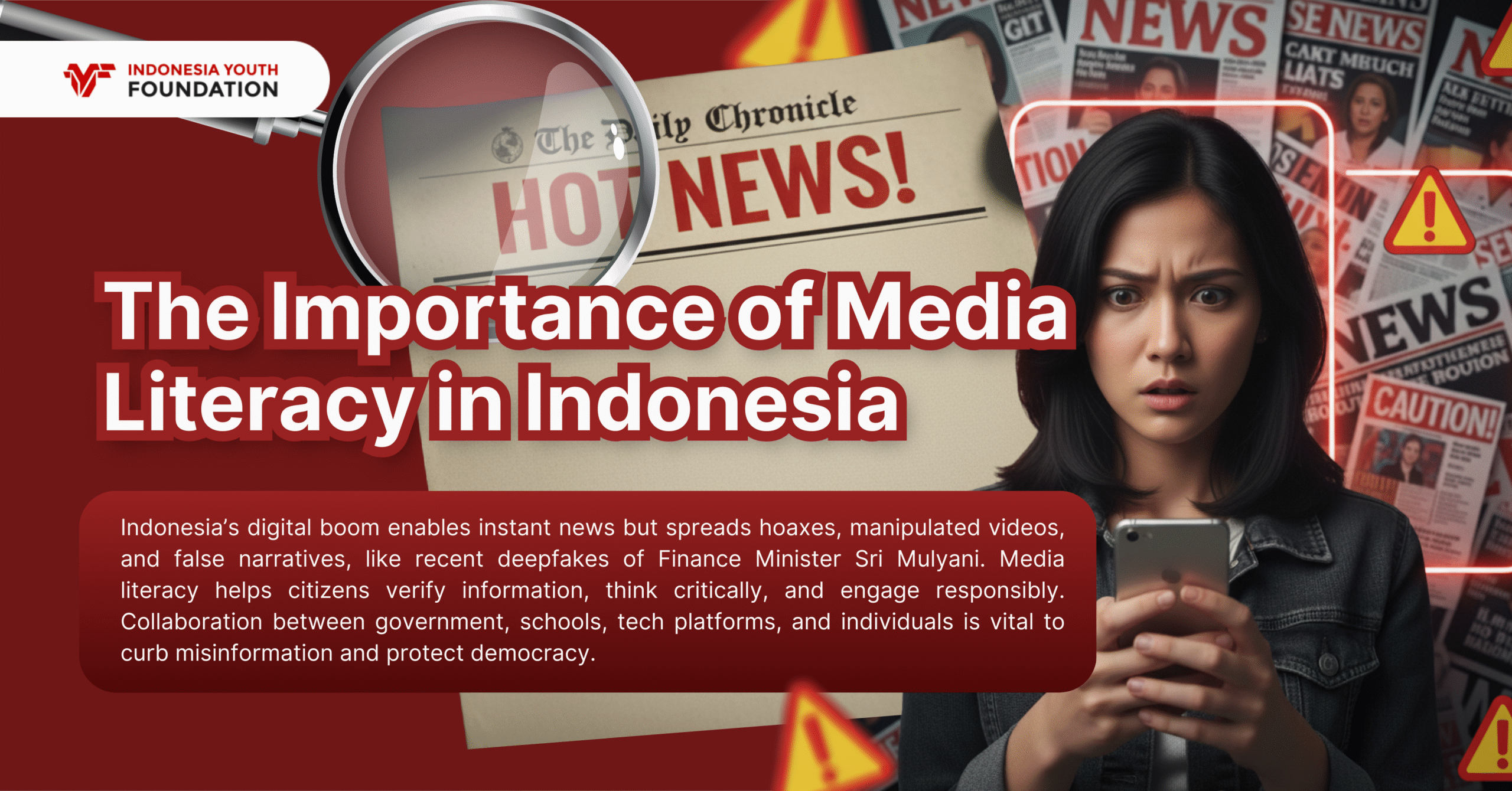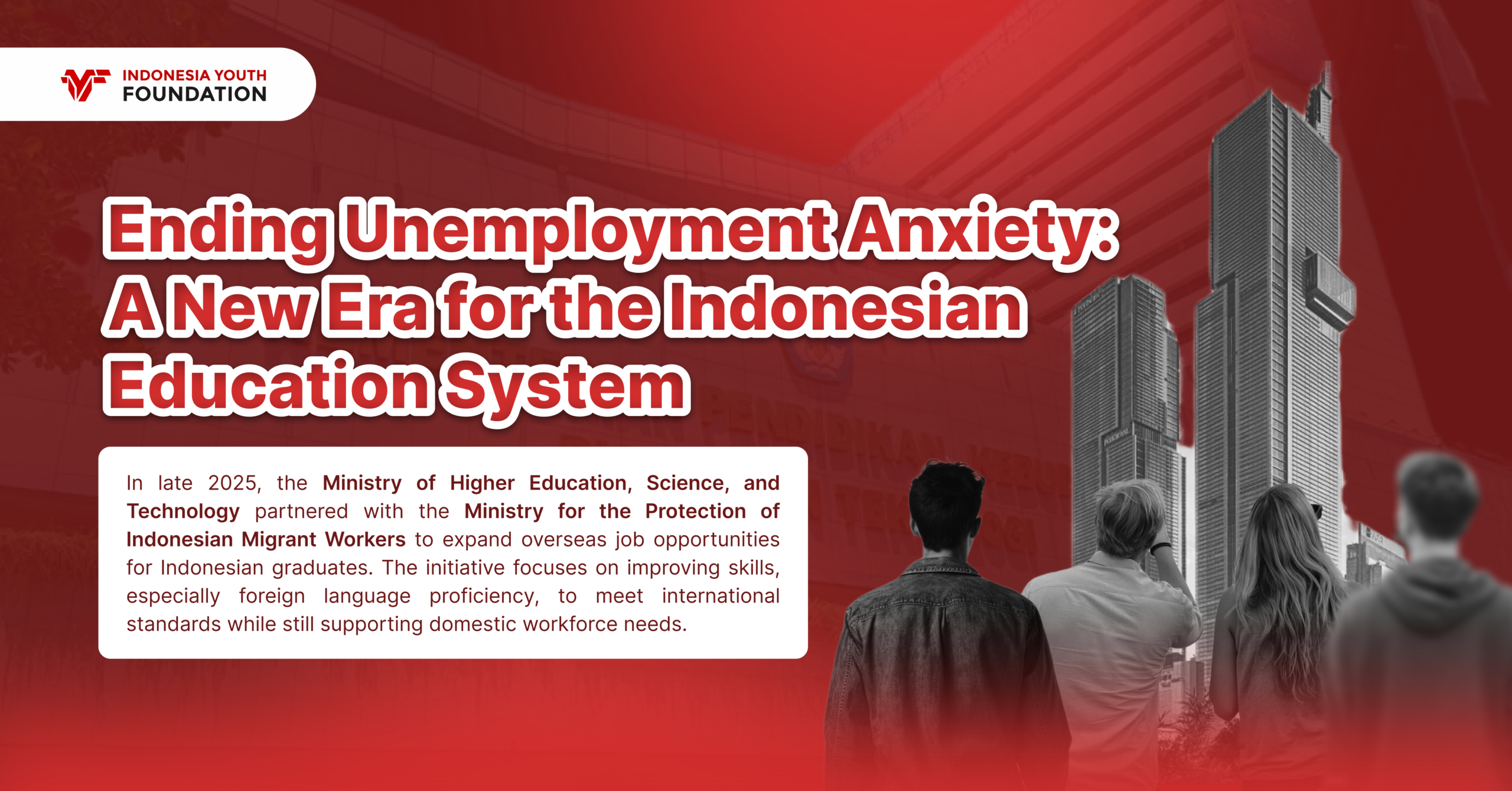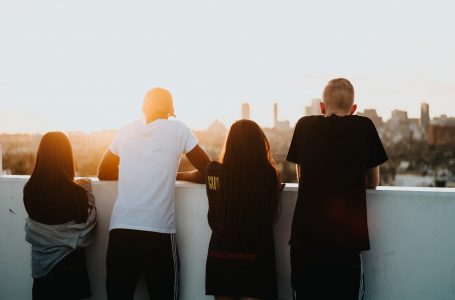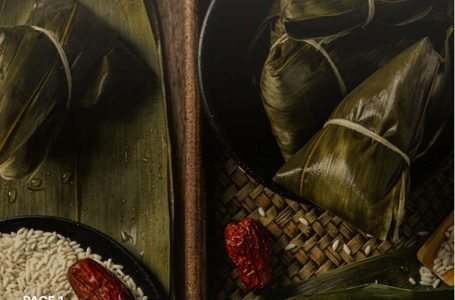False Information in the Digital Age
Instant access to news is made possible by Indonesia’s digital revolution, but it also carries the risk of hoaxes, manipulated videos, and misleading narratives. Information spreads quickly on social media sites like X, Instagram, and TikTok, frequently without any kind of verification. Because of this setting, Indonesians are more likely to believe and spread false information that could sway public opinion and incite unrest.

The government called on TikTok, Meta, YouTube, and X to take more aggressive measures against harmful content in August 2025. This came after recycled protest footage circulated as if it were brand-new, and a deepfake video purporting to show Finance Minister Sri Mulyani Indrawati saying that teachers were a “burden on the country.” These widely shared posts deceived the public and even encouraged children to participate in protests (Reuters, 2025a). Such cases highlight how disinformation can destabilize society and why media literacy is urgently needed.
The Significance of Media Literacy
The ability to assess, evaluate, and decipher media messages is known as media literacy. This skill is essential in Indonesia to shield the populace from deceit and manipulation. Without it, people run the risk of being influenced by sensational headlines, propaganda, or untrue statements.
The benefits of stronger media literacy are clear:
- Critical thinking: Before acting, people learn to verify information and challenge overblown assertions.
- Increased civic engagement: Knowledgeable people are able to hold elected officials responsible, participate in discussions, and make wise decisions.
- Greater social harmony: Hoaxes and panic stoked by false information are less likely to split communities.
But there are still difficulties. Rural communities have fewer resources to practice media literacy because of the digital divide. It hasn’t been completely incorporated into the curriculum by schools. In the meantime, algorithm-driven content and deepfakes proliferate more quickly than fact-checking initiatives can keep up (EngageMedia, 2025).
Towards a critical society

The recent controversy surrounding deepfakes and protests fueled by false information serve as a wake-up call. Indonesia needs to work together to solve this. Early integration of media literacy instruction is imperative for both the government and educational institutions. To reach more communities, support should be given to civil society organizations that operate fact-checking and hoax-detection tools, such as MAFINDO and Tempo. It is also the responsibility of tech companies to improve verification systems and filter harmful content.
Indonesians can make a personal contribution by adopting easy practices: think about potential biases, check information from several sources, and pause before sharing. These modest but regular steps contribute to the development of resistance to misinformation.
In the end, media literacy is a collective defense for Indonesian democracy rather than merely a personal competency. Indonesia can protect its future from the dangers of false information and guarantee that the country makes well-informed decisions by fostering a culture that prioritizes the truth over sensationalism.
Writer: Florencia Merrie Burhan
Editor: Tesalonika Kristianti
Read more about our tourism articles here








